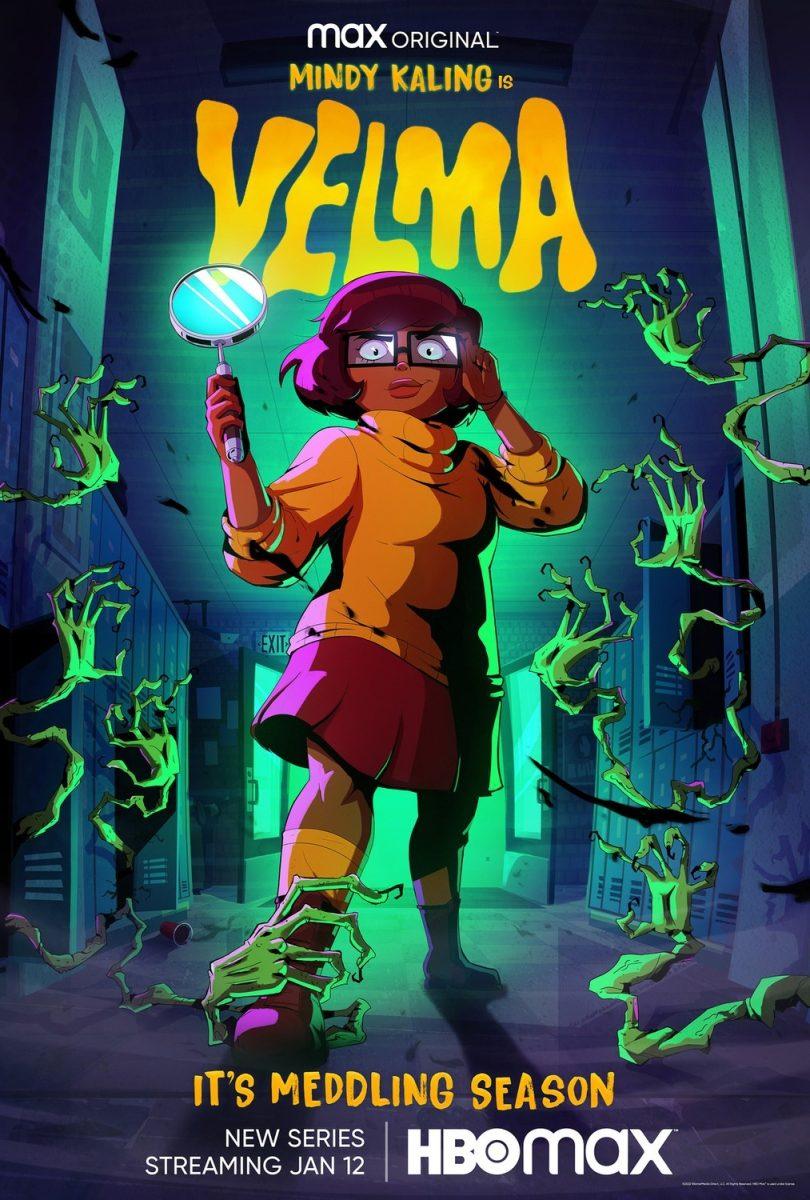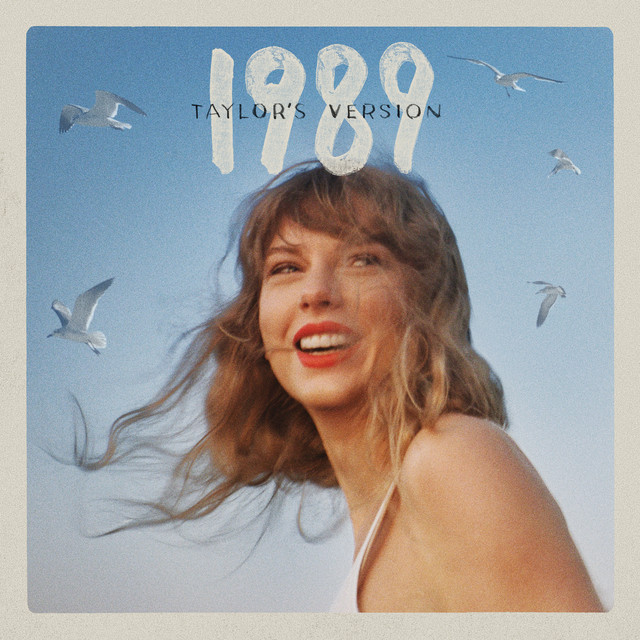For the last decade, the general public has collectively fallen into rolling its eyes at the horrible remakes of their favorite shows and films forced upon them. There have been a few good apples that have gained appreciation and praise, such as 2017’s “It” and 2018’s “A Star is Born” due to their progressive takes on beloved material. However, the majority of these rehashed storylines are left with a rotting reputation, sometimes even before anything other than the trailer is released.
The recent failures of controversial remakes based on hit classics, including “Velma,” a 2023 adult remake of the popular “Scooby-Doo” series, and the recently canceled “Gossip Girl” reboot — which only lasted two seasons — compare unfavorably with AMC Networks’ 2022 remake of “Interview with the Vampire.” There arises the idea of a clear difference between these rehashed stories that make some viewers receptive, while making others reach for their pitchforks in order to kill the next attempt. The disparity in the reception of these undertakings stems from one crucial component that media creators must accomplish: understanding their audience.
One of the most controversial remakes of a classic storyline comes from the recently aired HBO Max animated series is “Velma,” which was produced by comedian Mindy Kaling and meant to bring a modern and adult twist to the fans of classic “Scooby-Doo.” Near-universal poor reviews show that the idea was far from a success. Although backlash for the show may be horrifying and detrimental to the show’s cast and crew, “Velma” has arguably had a massively positive outcome for cinema fans everywhere by becoming a sacrificial lamb, demonstrating how not to remake a show for any producers preparing to release another modern rendition.
Incredibly, “Velma” denies almost every type of viewer from being able to enjoy more than an episode. Its explosive mixture of gratuitous violence, ham-fisted jokes, offensive language, inappropriate storylines, and repulsive imagery seems even worse, as it is connected to a trademark universally praised for its goofy and positive themes. This has resulted in accusations of a disconnect with the audience directed towards the creators of the show, as well as record low audience scores averaging 1.4 stars on IMDb and 6% on Rotten Tomatoes.
The show has broken viewership records on HBO Max, being viewed 37 times more often than an average series on the platform due to viral viewer commentary. We have seen through prematurely canceled popular shows across nearly every streaming platform, however, that high views are not the saving grace for modern-day cinema. As such, garnering attention should not be treated as the tradeoff for being rejected by one’s own viewer base.
The horrible reputation that “Velma” has acquired, even before releasing its final episodes, comes from its lack of respect towards fans of the original “Scooby-Doo” franchise. Instead, its creators made the decision to follow a formula consisting of typical modern-day tropes designed for profit rather than exploring innovative concepts. As such, like many remakes, “Velma” ultimately feels pointless to the average viewer and disrespectful to the fans of the original series, leaving a bitter taste in everyone’s mouth.
Although many cinema connoisseurs are pessimistic simply at the thought of a remade product, due to the sheer number of historical flops they have witnessed, there are exceptions that subvert the formula of the modern-day remake. One of these is AMC’s 2022 remake — and reimagination — of 1994’s “Interview with the Vampire.” The show’s unexpected release was met with unanimous praise, despite initial fears due to a history of storyline subversion within both the 1976 novel as well as the 1994 film.
The 2022 “Interview with the Vampire” perfectly blends a nearly 50-year-old tale with the 21st century, adding new perspectives that perfectly reflect our experimental modern age, while also introducing brand-new storylines and character interpretations. The story is captured in a meticulous recreation of the original New Orleans atmosphere that could only be envisioned within an original fan’s mind.
Both audience and critic reviews of the series offer appreciation for its willingness to deconstruct the plotlines found within the original, creating an exciting and unpredictable experience for fans and new viewers alike. However, the starkest difference between “Interview with the Vampire” and “Velma” is that the former displays a true affection for its source material and adds twists that enhance the experience.
“Interview with the Vampire” understands its audience and takes the risk of reinventing the development of prized characters, while also presenting a beautiful visualization of many iconic storylines that could not be brought to life within the 1994 film. The series celebrates the past, while also creating new and radical concepts for viewers to experience.
This unexpected — yet welcome — praise shows that remakes can be received with respect and appreciation, if they provide a novel experience while showing appreciation for fans from the past. Yet if such remakes continue along the path of following standard trends for profit without truly caring about who will enjoy the product, one can foresee more flop media pieces in the future.



























